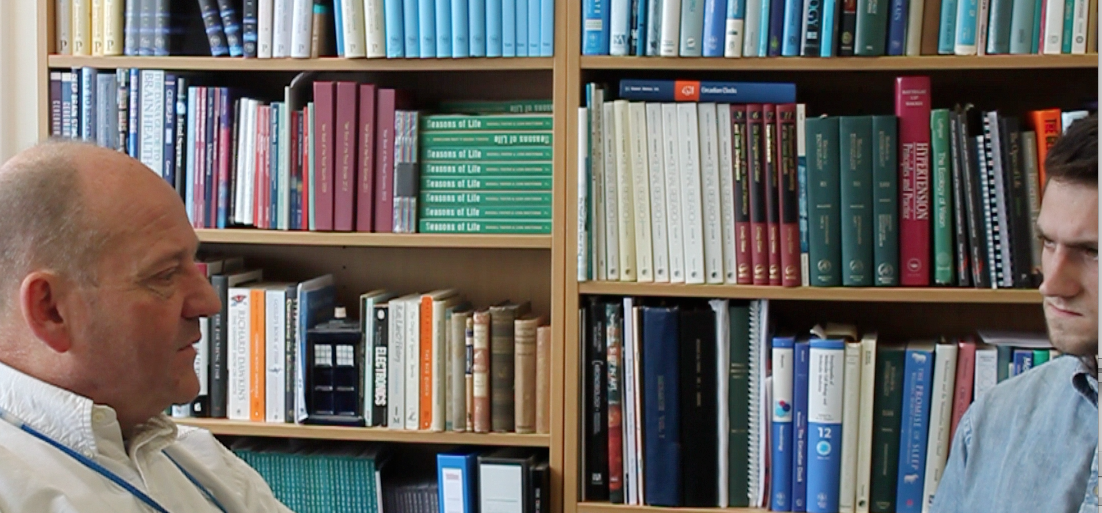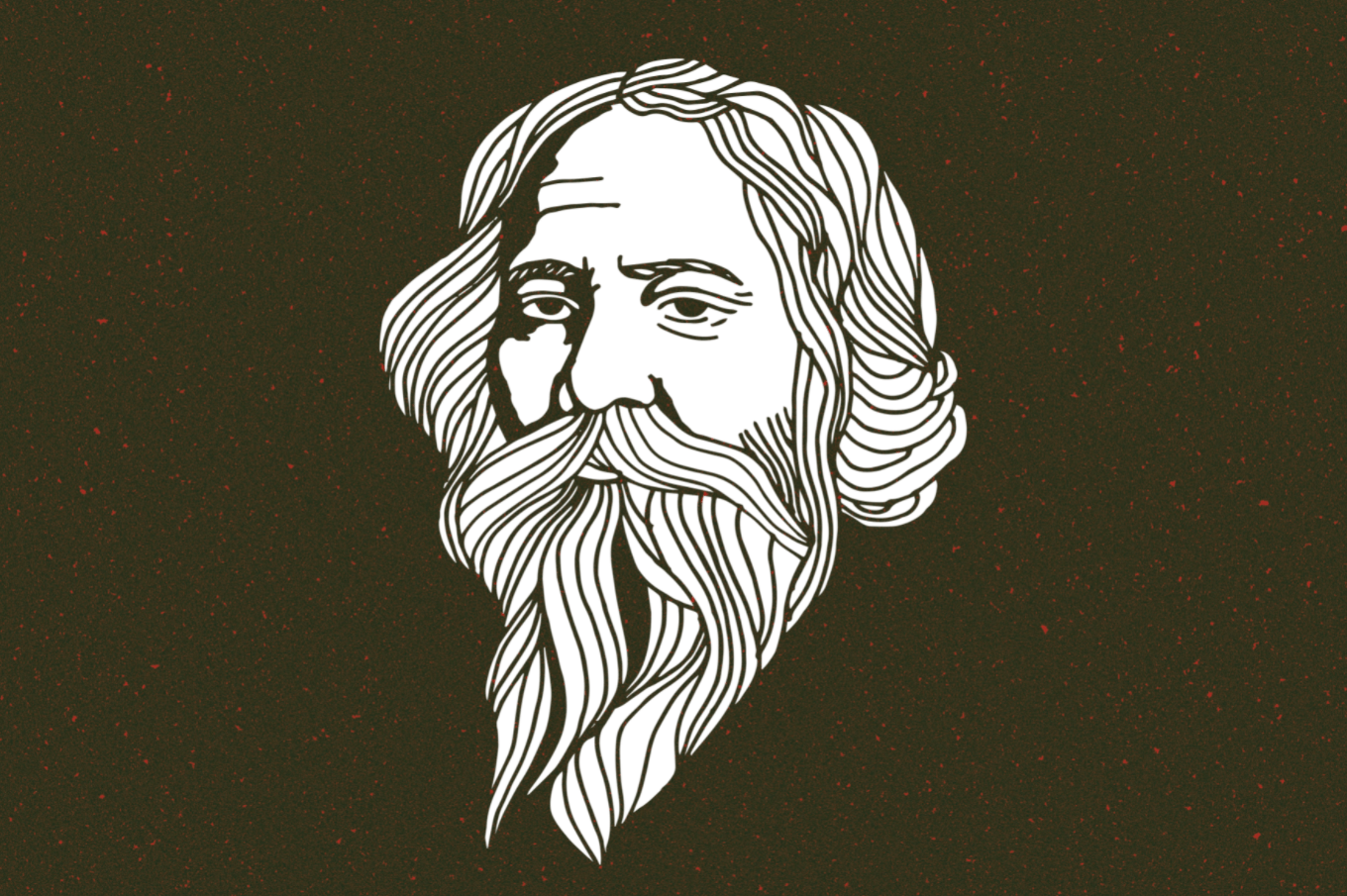
Why we should sleep more: An interview podcast with Professor Russell Foster
While I am waiting outside his office on the sixth floor of the John Radcliffe Hospital, Professor Russell Foster is speaking to the England Rugby physiotherapist. Foster, who is a leading circadian neuroscientist based at Brasenose College, is helping to produce a sleeping plan and deliver information for the England Rugby Team. Clearly professional athletes are using the science of sleep to improve their performance, but, while we sleep for 36% of our lives, still why we sleep and the effects of sleep deprivation are unknown to many. Professor Foster was about to tell me how sleep can prevent illness and increase performance.
Click here to see Professor Foster speaking at a Tedx conference on the effects of jetlag and the existence of a third photosensitive cell in the eye.







